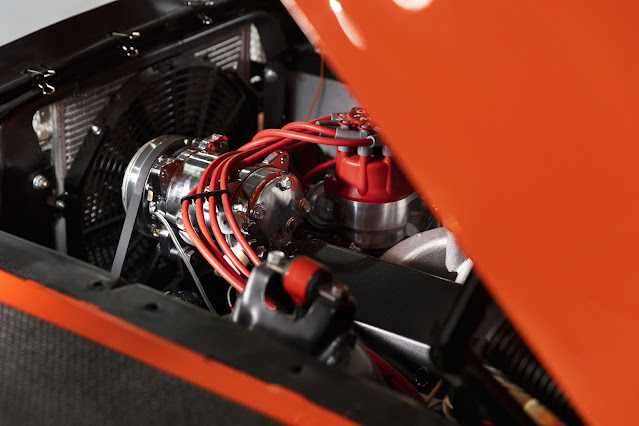The transportation industry is undergoing a seismic shift, and the U.S. government is taking a firm stance on the electric side. With a recent announcement of a $100 million investment in domestic electric vehicle (EV) parts production, the landscape is set for a major transformation. Let's explore the details of this exciting development and what it means for the auto industry and the fight against climate change.
Strong Support for a Sustainable Future
Vice President Kamala Harris spearheaded this initiative, highlighting the administration's dedication to building a greener future. This substantial funding injection aims to significantly accelerate the nationwide adoption of EVs. By investing in domestic manufacturing, the government hopes to not only create jobs and boost the economy, but also solidify the United States' position as a leader in clean energy technology.
The Importance of Domestic EV Parts Production
Prioritizing domestic production of EV components has profound implications for the auto sector. The U.S. can establish a strong supply chain to meet the growing EV market by reducing reliance on foreign imports and fostering local manufacturing. This strategic investment bolsters national security and makes the automotive industry more resilient to global supply chain disruptions.
Driving Innovation and Job Growth
The $100 million investment goes beyond immediate economic benefits. It's expected to fuel innovation and entrepreneurship within the EV sector. This financial support empowers manufacturers, researchers, and startups to push the boundaries of EV technology. Furthermore, the investment is poised to create a significant number of jobs across various fields, from engineering and manufacturing to research and development.
Collaboration for a Sustainable Future
The focus on expanding domestic EV parts production aligns with a larger movement towards sustainable transportation solutions. Governments, automakers, and stakeholders are working together to reduce carbon emissions and combat climate change. Electrifying transportation is a central pillar in this collective effort. Initiatives like the $100 million investment exemplify the power of public-private partnerships in driving positive change by aligning economic incentives with environmental objectives.
A Brighter Future for Transportation
The $100 million investment in domestic electric vehicle parts production marks a significant turning point towards a cleaner, more sustainable future for the automotive industry. Vice President Harris's commitment underscores the government's dedication to fostering innovation, creating jobs, and mitigating climate change through strategic investments in clean energy technology. As the U.S. accelerates its push to lead the global shift towards electric mobility, initiatives like this pave the way for a cleaner, brighter future for generations to come.

Comments
Post a Comment